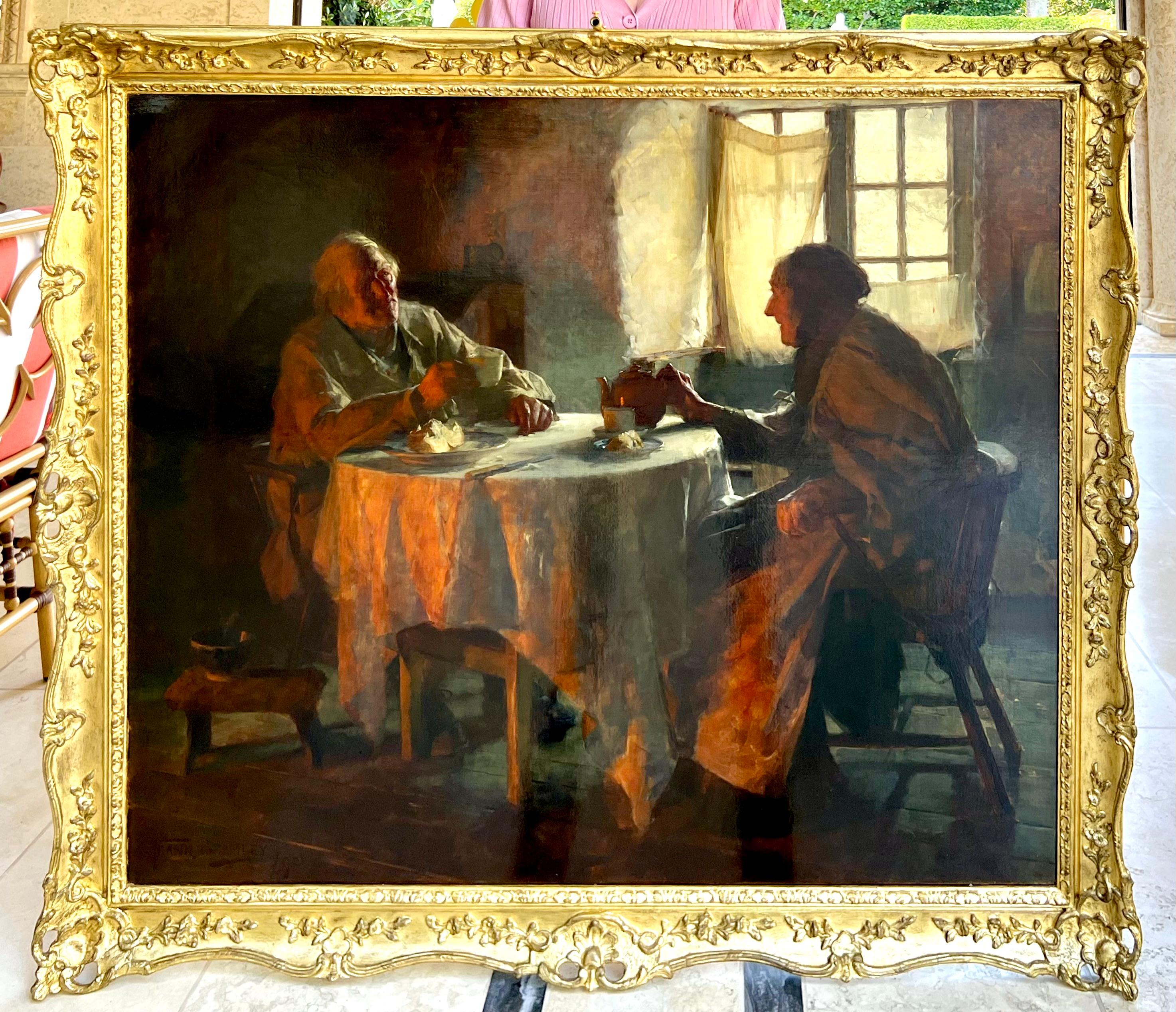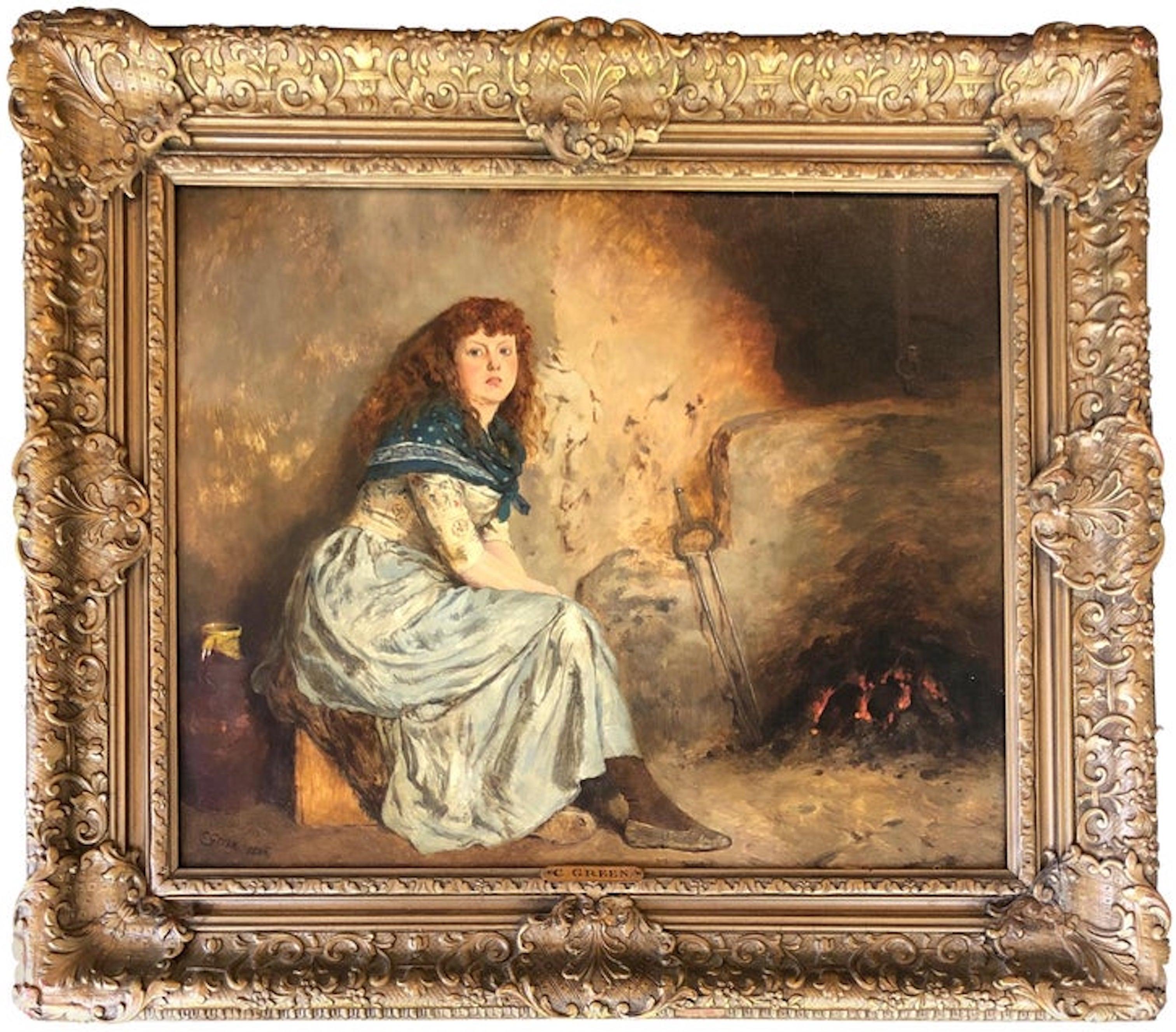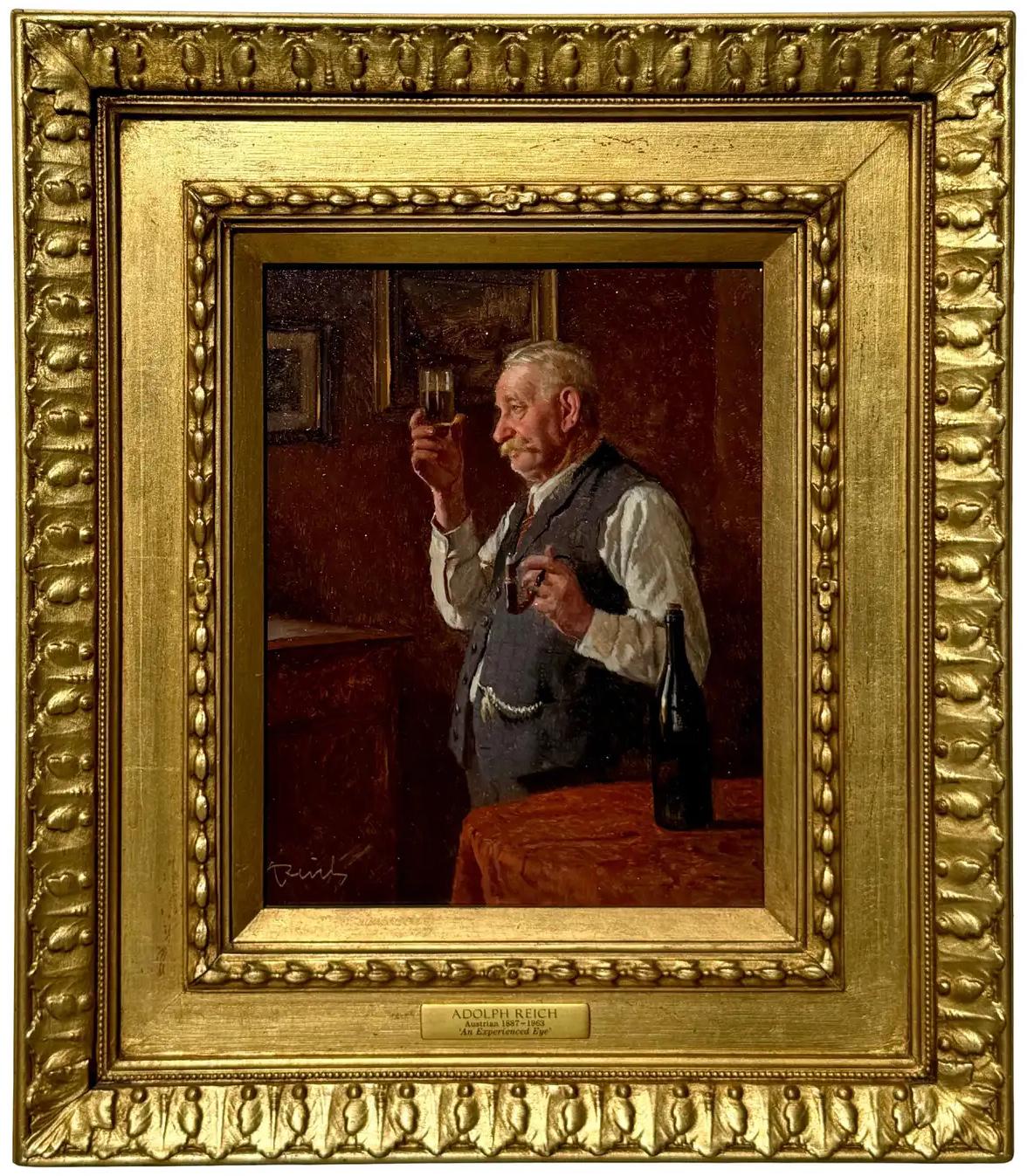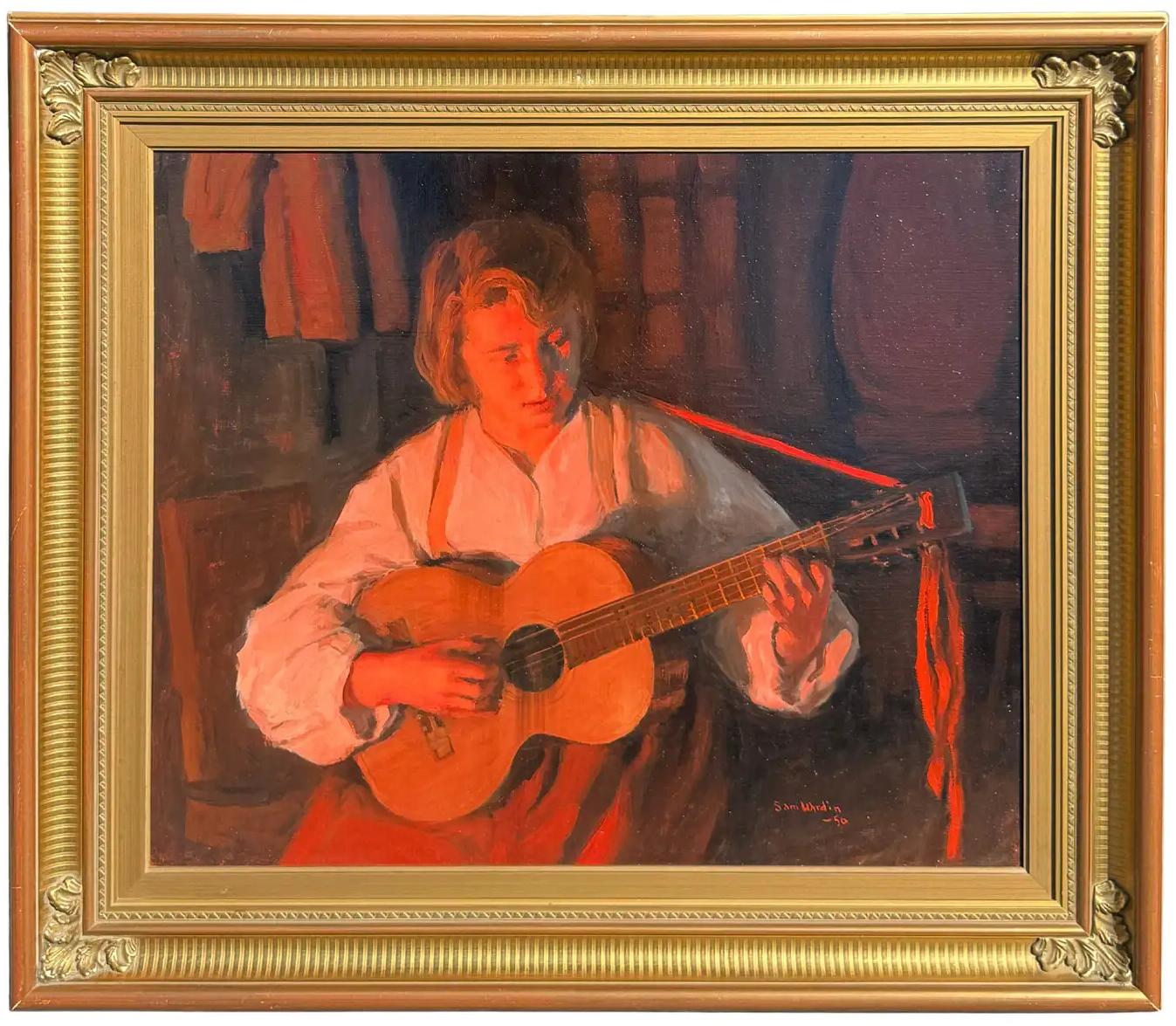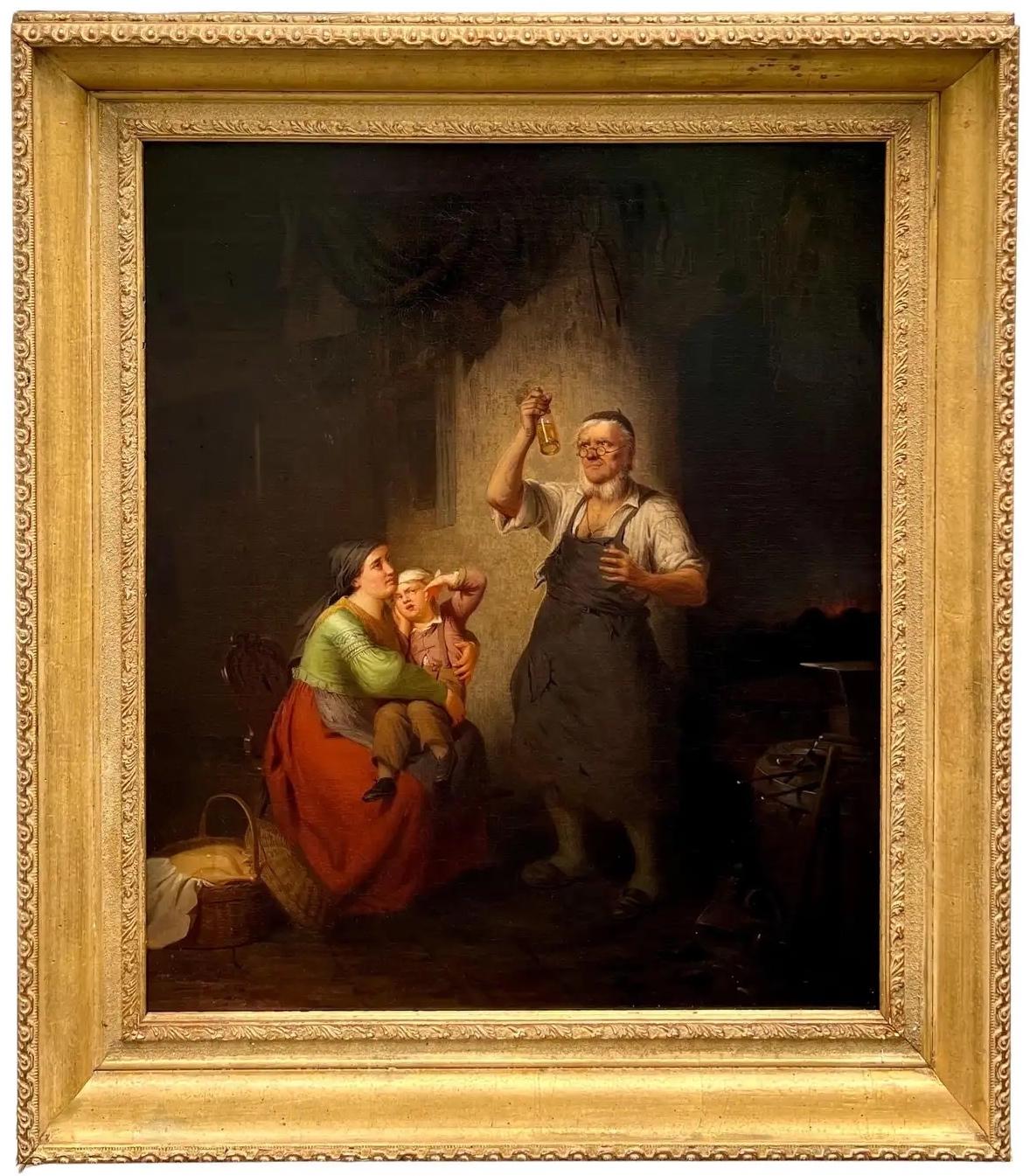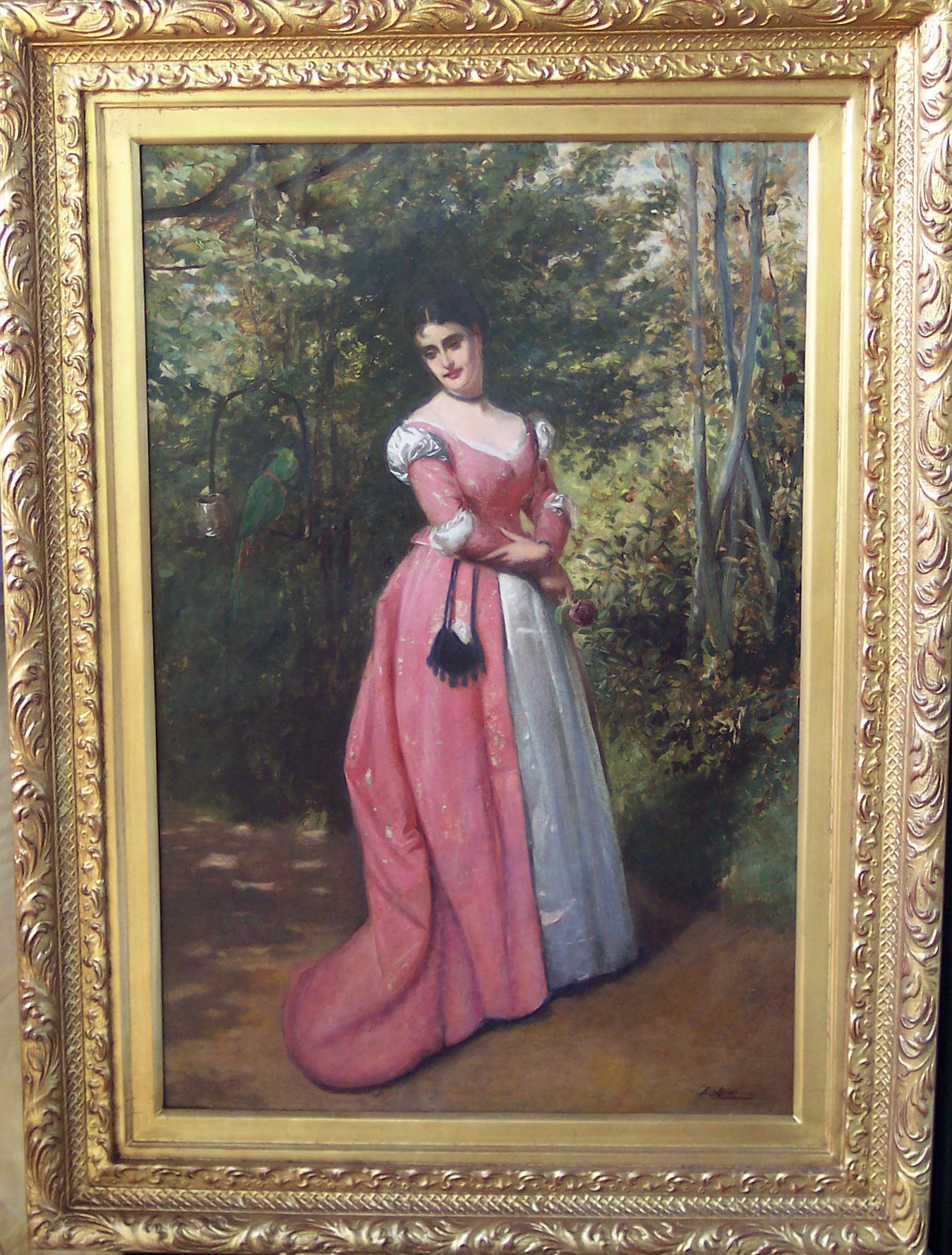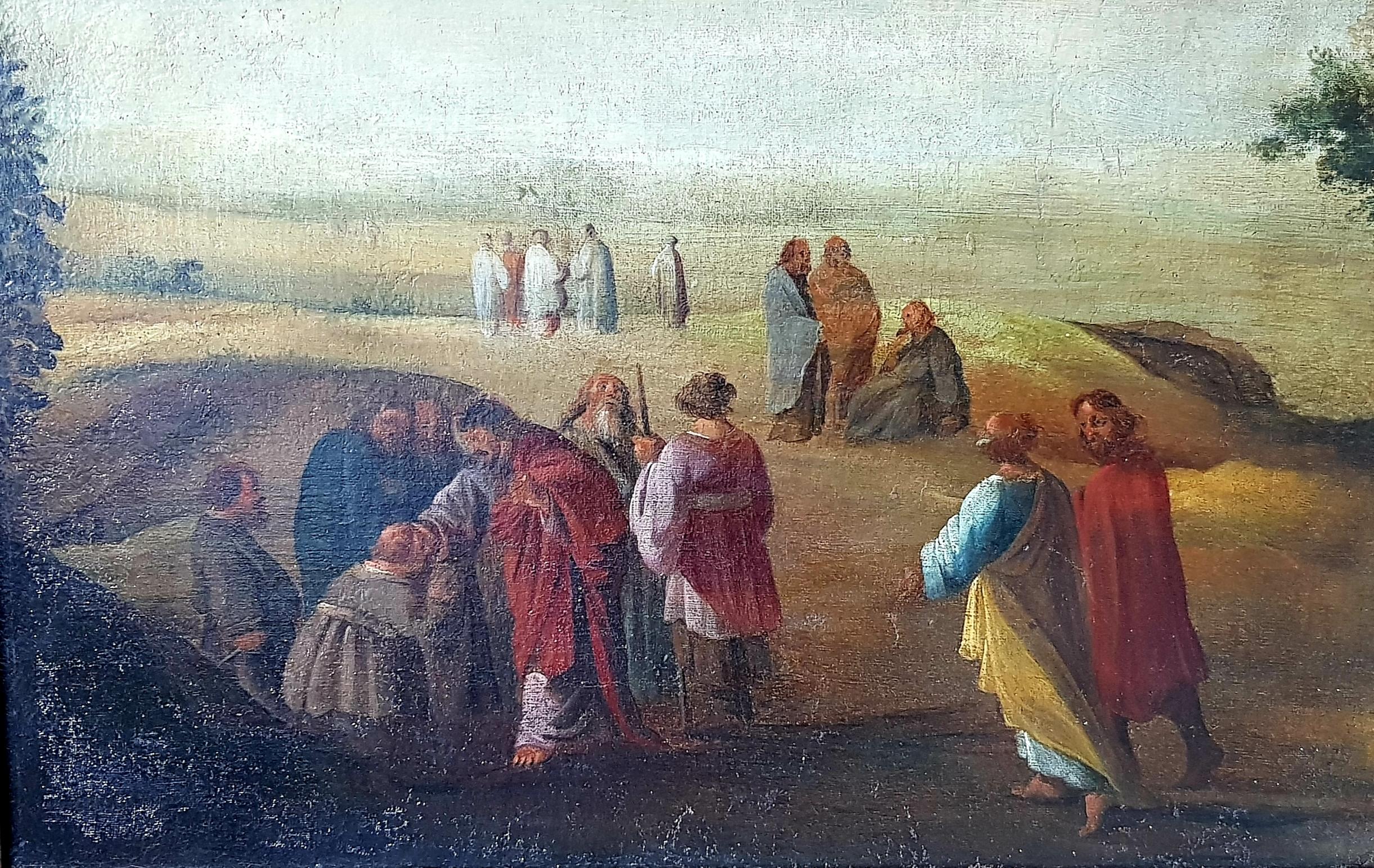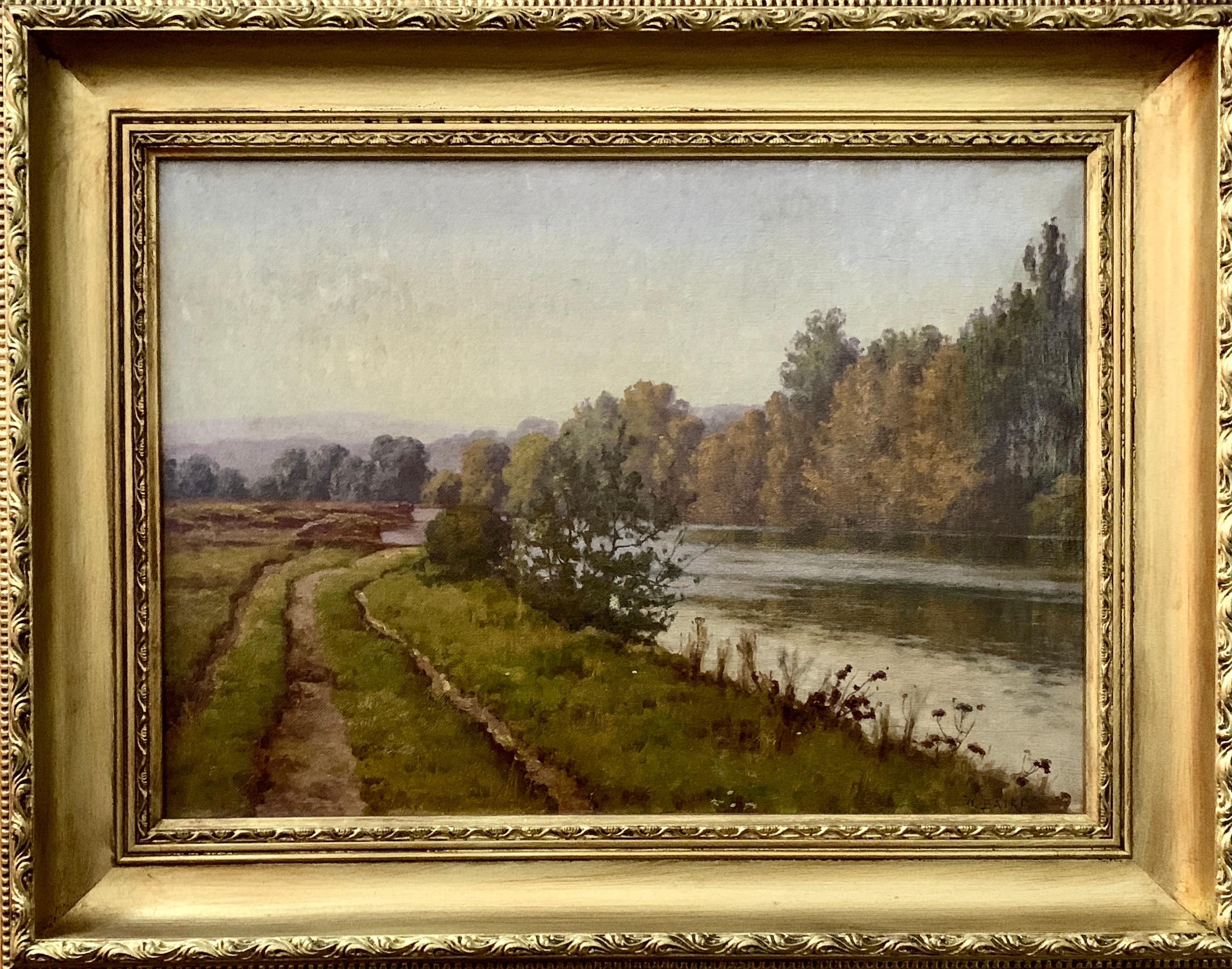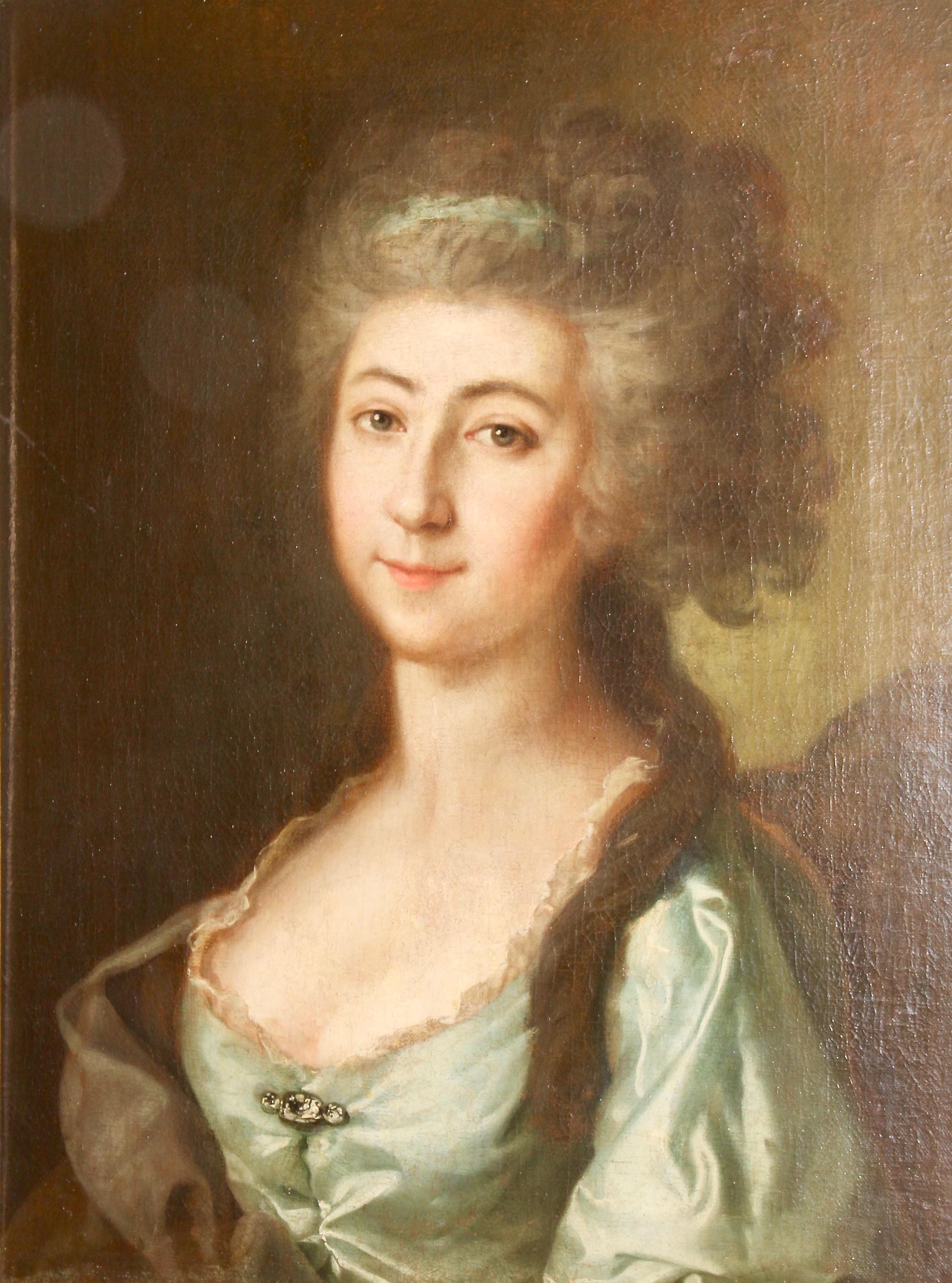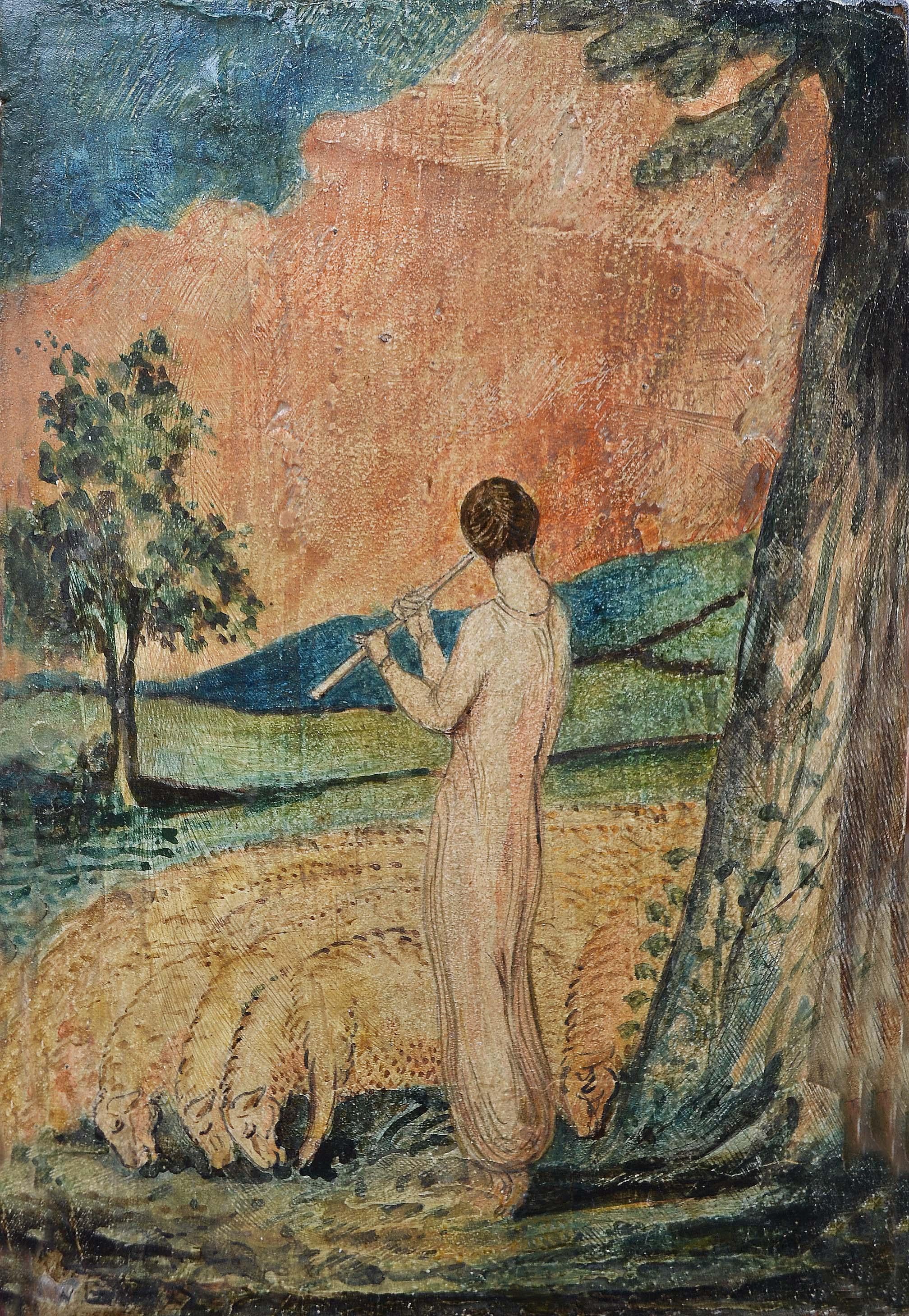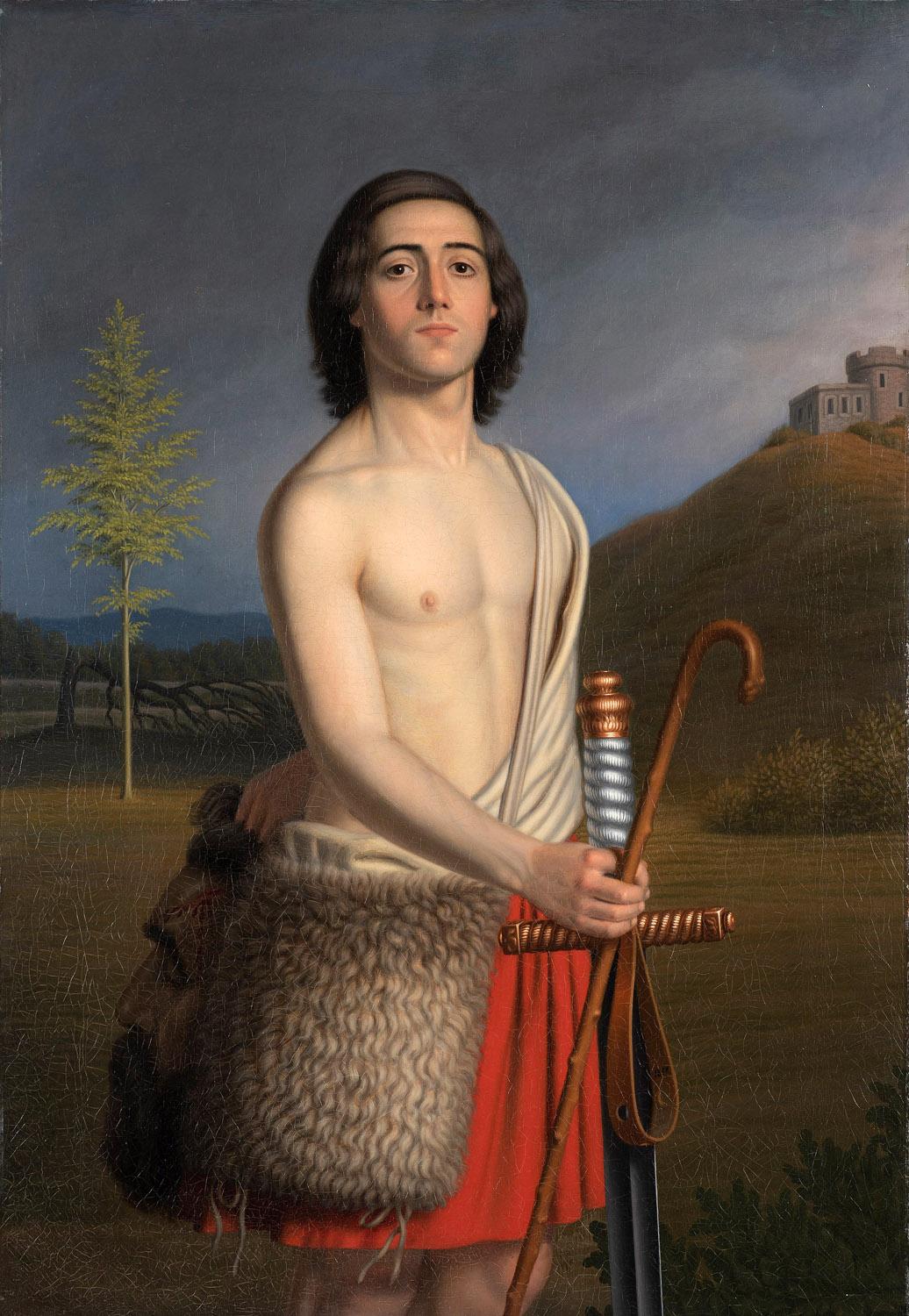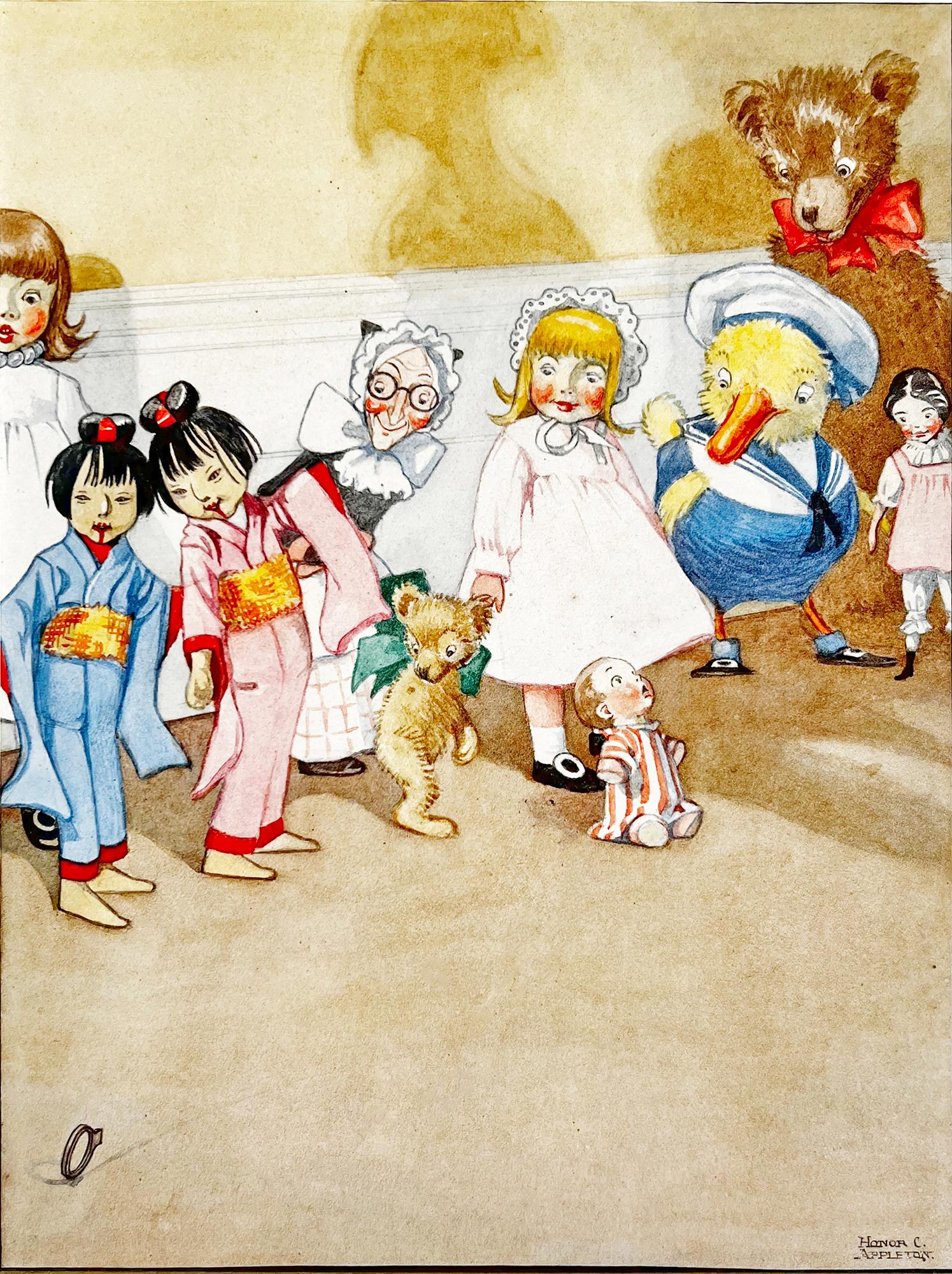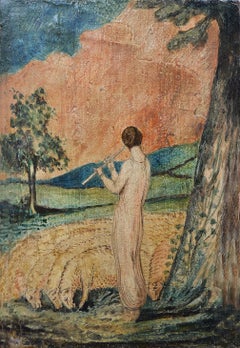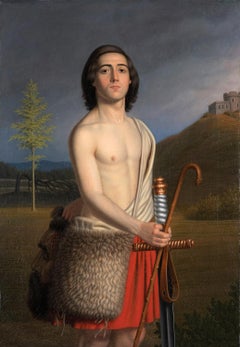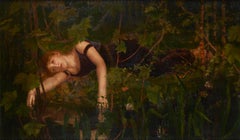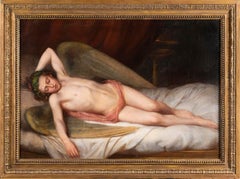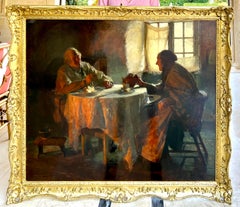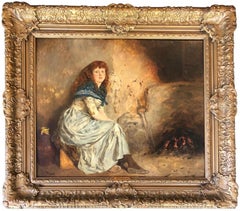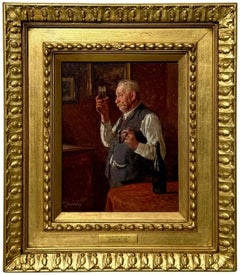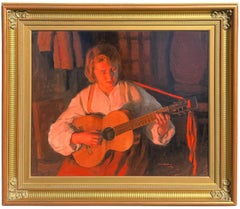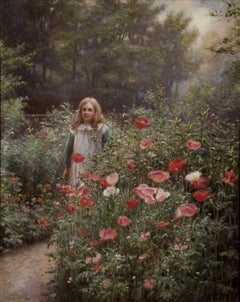
The Poppy Garden
View Similar Items
Want more images or videos?
Request additional images or videos from the seller
1 of 5
Herbert Sidney PercyThe Poppy Garden
About the Item
- Creator:Herbert Sidney Percy (1863 - 1903, British)
- Dimensions:Height: 19.75 in (50.17 cm)Width: 15.75 in (40.01 cm)
- Movement & Style:
- Period:
- Condition:
- Gallery Location:London, GB
- Reference Number:1stDibs: LU5242366073
About the Seller
5.0
Vetted Professional Seller
Every seller passes strict standards for authenticity and reliability
Established in 2007
1stDibs seller since 2014
82 sales on 1stDibs
Typical response time: 4 hours
Authenticity Guarantee
In the unlikely event there’s an issue with an item’s authenticity, contact us within 1 year for a full refund. DetailsMoney-Back Guarantee
If your item is not as described, is damaged in transit, or does not arrive, contact us within 7 days for a full refund. Details24-Hour Cancellation
You have a 24-hour grace period in which to reconsider your purchase, with no questions asked.Vetted Professional Sellers
Our world-class sellers must adhere to strict standards for service and quality, maintaining the integrity of our listings.Price-Match Guarantee
If you find that a seller listed the same item for a lower price elsewhere, we’ll match it.Trusted Global Delivery
Our best-in-class carrier network provides specialized shipping options worldwide, including custom delivery.More From This Seller
View AllThe Shepherd, English Victorian 19th Century Egg Tempera
Located in London, GB
Sir William Blake Richmond KCB, RA, PPRBSA
1842 - 1921
The Shepherd
Egg tempera on wooden panel, signed with initials bottom left
Image size: 8 ¼ x 5 ½ inches
Period gilt oak frame
A newly discovered work by the artist.
Sir William Blake Richmond KCB, RA, PPRBSA was an English portrait painter, sculptor and a designer of stained glass and mosaic. He is best known for his portrait work and decorative mosaics in St Paul's Cathedral in London.
He was the son of the portraitist George Richmond RA and studied at the Royal Academy Schools in the early 1860s. Influenced by his father and by Sir John Everett Millais, he is best known for his mosaic decorations below the dome and in the apse of St Paul's Cathedral in London.
His father, George Richmond, was one of 'the Ancients' who were a group of artists who formed around the visionary artist and poet William Blake. Samuel Palmer was an other of the ancients and a close friend of the family.
Our painting could have been inspired by George Richmond’s engraving 'The Shepherd', 1827, but in our panel the shepherd is turned round facing away, and is playing a flute instead of resting on a staff. But the sheep and other elements are there.
It is also suggestive of Welby Sherman's engraving after Samuel Palmer of the same name and date, but here the shepherd is sitting but like ours turned away. William Blake's is an altogether happier image given the figure is playing to his sheep.
Our painting is playing with some of the same ideas and feels like the same sort of period, and the ‘fresco’ like chalk ground is interesting, as is the pen and ink finishing on the tempera. All three are strongly influenced by Blake's illustrations to Thornton's 'Virgil'. The shepherd and his flock are clearly based on Thenot and his sheep in the Frontispiece to Thornton.
Blake Richmond wrote:"If there be the least value in my pictures, it is due to such lovely early impressions derived from the sweet poetic work of many of my father's contemporaries, Calvert, Blake and others, whose shadows are substance still to me" [Sir William Blake Richmond, letter to his father, 50 years after the death of William Blake, from Stirling op. cit p. 28].
Richmond was given private art lessons by John Ruskin before attending the Royal Academy for three years. After that he spent a number of years in Italy, where an encounter with a shepherd called Beppino, 'a splendid speciman of a Sabine Shepherd', could also have gave him the inspiration for the painting we show here. Richmond recalls how he met Beppino on the hillside, and was invited to share the shade of the shepherd's capanna, a wooden hut. 'What a place! In an instant of time I was back into the age of kings, and I knew Romulus had lived and am sure that he lived in a hut exactly like this one'.
That night Richmond dined at Beppino's hut 'on roast kid, hard bread dipped in Roman wine, goat's cream and white ricotta'. The shepherd had such an impression on Richmond that he sought him out on a return visit to Italy some years later, but was saddened to hear that Beppino 'had joined his fore-fathers in the shades'.
He was moved to write the following, which perfectly expresses the mood of this painting and his tribute to a fleeting companion:
'Little events of this kind unite past times with present, create and emphasis continuity of human instincts, which seem to defy time and make travel so intensely interesting and invigorating to a citizen of this world. One need not go to the palace, far otherwise, or to cities and towns to discover the kernal of enduring civilisations. One finds it, if one wills to do so, in the backbone of the world, an ancient peasantry who have watched and still watch the progress of the stars'.
Richmond was influential in the early stages of the Arts and Crafts Movement in his selection of bold colours and materials for the mosaics in St. Paul's Cathedral and in his collaboration with James Powell and Sons...
Category
1860s Victorian Figurative Paintings
Materials
Ink, Egg Tempera
David with the Head of Goliath, 19th Century Victorian Oil
By John Rogers Herbert
Located in London, GB
John Rogers Herbert RA
1810- 1890
Oil on canvas, dated '1850' lower right on sword strap
Image size: 33 ½ x 23 ½ inches
Gilt Watts frame
This striking painting, depicts David as a y...
Category
1850s Victorian Figurative Paintings
Materials
Oil
Ophelia, Victorian 19th Century Royal Academy Oil Painting
Located in London, GB
Oil on canvas, signed lower right
Image size: 33 1/2 x 56 1/2 inches (85 x 143 cm)
Original gilt frame
Provenance
With the artist's son, Millie Dow Stott Esq., until 1912.
Artist's Studio Sale, Christies, November 1913.
Private Collection
Exhibitions
London, Royal Academy, 1895, no. 679.
Paris, Societe de la Nationale des Beaux-Arts, 1896, no. 1179.
Berlin, VII Internationale Kunstausstellung 1897. no. 3533.
Manchester, City of Manchester Art Gallery, 1912, no. 339.
In the 1890s William Stott exhibited regularly at the Royal Academy, mainly highly decorative works with subjects derived from classical mythology and literature. This painting was Stott's 1895 entry to the Royal Academy and was subsequently exhibited at the Paris Salon of 1896 and then on to the Berlin, VII Internationale Kunstausstellung 1897. Shakespeare was a favourite source for Victorian painters, and the tragic romance of Ophelia, from Hamlet, was an especially popular subject, featuring regularly in the Royal Academy exhibitions.
The most popular and iconic image of Ophelia's death was, and is to this day, John Everett Millais's 1851 painting showing the confused and tragic Ophelia floating downstream on her back in a state of mad ecstasy, arms raised in a gesture of inevitable submission. However, although Stott chose not to pastiche this image, it seems highly likely that he was prompted to take up this subject, which had almost become a 'rite of passage' among Victorian painters, by the fact that in 1894 Millais's Ophelia was presented to the National Gallery of British Art by Sir Henry Tate.
It appears that Stott was much influenced by John William Waterhouse...
Category
Late 19th Century Victorian Figurative Paintings
Materials
Canvas, Oil
Sleeping Angel, English School 19th Century Reclining Figure Oil
Located in London, GB
English School
19th Century
Sleeping Angel
Oil on canvas
Image size: 29 x 40 inches
Contemporary gilt frame
Category
19th Century Figurative Paintings
Materials
Canvas, Oil
Summer Haze, Early 20th Century Original Oil
By David Forrester Wilson
Located in London, GB
David Forrester Wilson
1873 - 1950
"Summer Haze"
Oil on canvas, signed lower left
Image size: 18 x 24 inches
Original gilt frame
David Forrester Wilson's sensitive portrayal of ...
Category
Early 20th Century Figurative Paintings
Materials
Canvas, Oil
London Costmongers, Urban 20th Century English Oil
Located in London, GB
Attributed to Mary Adshead
1904 - 1995
London Costmongers
Oil on canvas
Image size: 30 x 36 inches
Framed
Costermongers were London people that sold fruit and veg and other ‘perishables’ from barrows. Often wheeling and then stationing their barrow on the street, so their customers could easily come and buy from them.
Costermongers were fiercely independent, rebellious in their dress and outlook, and had little time for ‘middle class moralising’ and attempts to suppress or restrict their way of life. (Much like modern teenagers)
The men depicted stop work for a break with cups of tea and a few read the newspapers. Next to the man with the yellow apron can be seen some cakes on a plate. A work place , a factory can be seen in the distance on the right.
It is possible that the painting depicts a cabmen's shelter, as some did serve outside and many still survive today in London.
The style of the painting is very much that of a student of the Slade School in London and has similarities with other artists work such as James Batemen or Herbert Ashwin Budd. On the back of the painting it has in chalk the name 'Rhoades', which could refer to the artist Geoffrey Hamilton Rhoades...
Category
20th Century Figurative Paintings
Materials
Canvas, Oil
You May Also Like
Tea Time
By Frank Bramley
Located in Wiscasett, ME
Signed and dated 92 lower left. Oil on canvas. Frank Bramley British, 1857-1915 Frank Bramley is considered one of the most important artists of the Newlyn School, the group of artists who settled in Newlyn, Cornwall during the 1880s and 1890s, drawn by the light, lifestyle and the example of Alexander Stanhope Forbes, and were at the forefront of 'British Impressionism'. He was particularly ‘in the news’ when his painting of a woman reading in a garden made the astonishing price of $590,000 at Sotheby's New York in late May 1996. As the seminal catalogue of the famous Newlyn School exhibition states, Bramley's reputation has rested for some time on Hopeless Dawn, his major RA exhibition of 1888, and which in recent years has been hung almost constantly at the Tate Gallery. Bramley was born in Lincolnshire and trained at Lincoln Art School, later at Verlat's Academy in Antwerp, from where he went to Venice in 1882-83, where our painting was executed. He first showed at the Royal Academy in London in 1884 (both paintings were Venetian scenes), and it was in the winter of 1884/5 that Bramley settled in Newlyn. He was a quiet and reserved figure, prone to bouts of melancholy. He worked on his own in a tiny studio in an old thatched cottage - the cottage consisted of two rooms, one at ground level (which was the studio) and one which was below ground which was inhabited by a woman who'd lost her arms and who managed to look after a set of tiny children as well as a small potato and turnip shop. Bramley moved to a purpose-built glass studio in 1889. He is known as the master of the so-called 'square-brush technique' which characterizes much of the best Newlyn School work and he used this until 1893, later than most of his colleagues. Bramley was friendly with the great artist Sargent and with him was elected an associate of the Royal Academy in 1894, being elected a full member in 1911. In 1891 he had married, and 4 years later they moved to the Midlands where his work became less socially orientated and more purely decorative. His last years were spent in a London flat...
Category
1890s Victorian Figurative Paintings
Materials
Oil
$58,000
Warming by the Fire
Located in Wiscasett, ME
Oil on panel, measures 17" x 21" painting and with frame 24" x 27.5". Signed and dated 1885 lower left. Charles Green studied at Leigh’s School of Fine Art and under the engraver, J W Whymper, before quickly establishing himself as a painter and illustrator. Specialising in genre pieces, he joined the Langham Sketching Club and was elected to the Royal Institute of Painters in Water Colours (ARI 1864; RI 1867). His elder brother, Henry Towneley Green, was also a member. His contribution of contemporary subjects to the early numbers of The Graphic were admired by Van Gogh, but he was best known for his depiction of period settings and for his illustrations to The Old Curiosity Shop...
Category
1880s Victorian Figurative Paintings
Materials
Oil
$3,600 Sale Price
43% Off
An Experienced Eye
Located in Wiscasett, ME
A skilfully rendered oil painting on board by Austrian artist Adolph Reich skifully expresses the careful consideration and focus of a vintner or distiller as they study and are abou...
Category
Early 20th Century Victorian Interior Paintings
Materials
Oil, Board
Playing Guitar by the Fire
By Sam Uhrdin
Located in Wiscasett, ME
This oil on canvas is signed and dated in the lower right and measures 32.5" x 37" including the frame. The scene depicts a young lady playing her guitar by the light of the fire. Th...
Category
1950s Victorian Figurative Paintings
Materials
Oil
The Chemist
Located in Wiscasett, ME
Oil on canvas, signed in the lower right. Measures 36" x 41" including the frame. Johann Georg Meyer Von Bremen
(German 1813-1886) was a genre painter. He was the son of master baker Johann Georg Meyer. His mother was strictly religious. From 1833 he studied at the Düsseldorf Academy of Fine Arts , which was led since 1826 by Friedrich Wilhelm von Schadow, the son of the sculptor Johann Gottfried Schadow. In addition to Schadow, Karl Ferdinand Son was his teacher there. Meyer acquired the necessary craftsmanship skills to make a living from the sale of his paintings, but he was initially unable to do so. From 1841 to 1852 he maintained his own studio in Düsseldorf. On his travels to Brussels and Antwerp Meyer experienced the works of Peter Paul Rubens and Anthonis van Dyck. In 1851 he married the singer Julia Beer...
Category
19th Century Victorian Interior Paintings
Materials
Oil
EDWARD BARNES Victorian Woman in Garden w Parrot 19th cent English oil on canvas
By Edward Charles Barnes
Located in Rancho Santa Fe, CA
Edward Charles Barnes, a distinguished London painter active during the Victorian era, is celebrated for his evocative domestic scenes and interiors, particularly those featuring wom...
Category
1860s Victorian Figurative Paintings
Materials
Canvas, Oil
